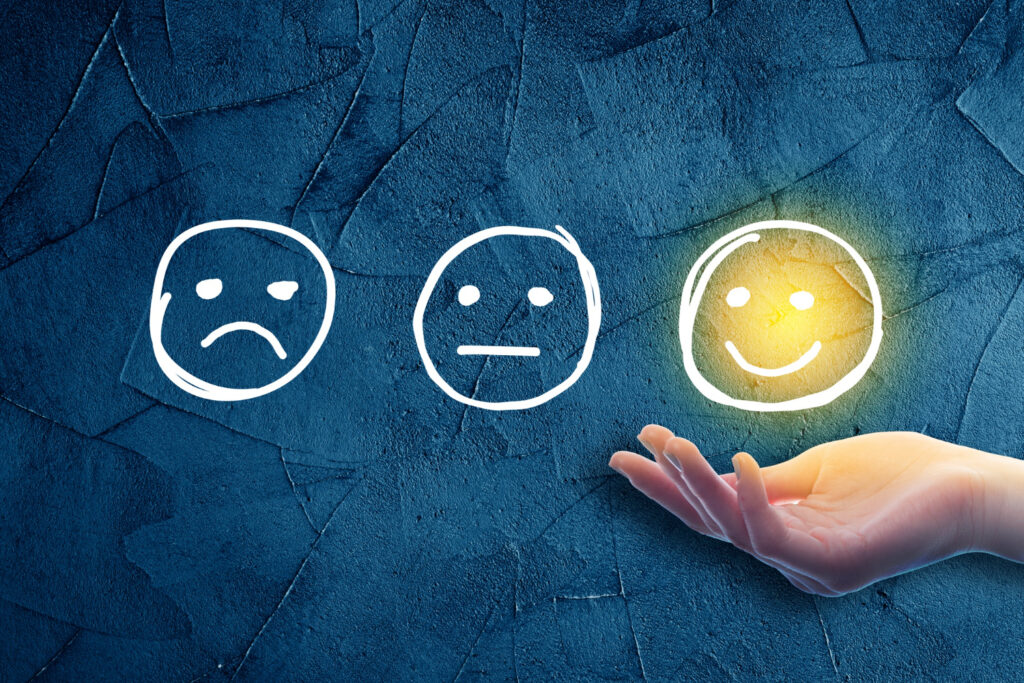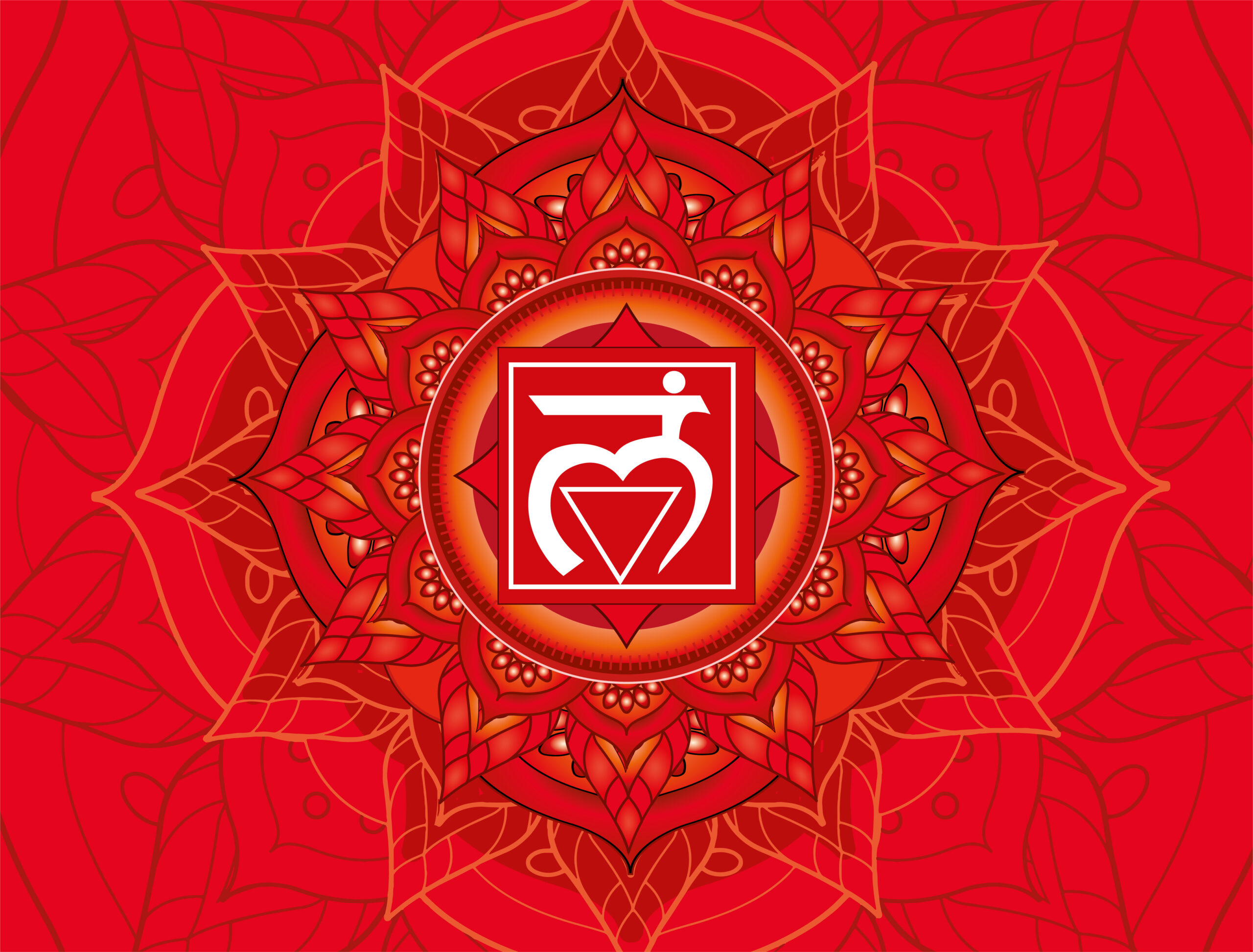My current life wouldn’t be as appreciated if I hadn’t experienced my most difficult moments. I have successfully overcome numerous obstacles, but the greatest challenge was not the difficulties themselves. It was the overwhelming emotions that drained my energy and will to live, almost causing me to lose everything. Sharing my journey is meant to inspire and give hope to others. Just as I have been able to turn pain into something beautiful through emotional transformation, anyone can do the same.
To be honest, my journey has not been smooth. And it is still ongoing, as it takes time to overcome the dysfunctional patterns ingrained from a toxic childhood and challenging experiences as an adult. But, the process is incredibly valuable. This is how I practice emotional alchemy, and you can do it too.
My “Shawshank” Experience
As a child, I was not aware of how my traumatic experiences would affect me in adulthood, but now I understand how they shaped my circumstances. It was not just my inner child that suffered from the wounds, but I also remained childlike in many aspects.
In my upbringing, anger was the dominant emotion and it left a lasting imprint on me. As I faced a tragic event as an adult, I nourished this seed of anger, initially directing it towards a world that seemed relentlessly cruel and eventually turning it towards myself.
As I fell chronically ill, my seed of hope began to sprout. The disabling symptoms slowly deprived me of my capability to maintain a regular job, resulting in the loss of my possessions, including my home.
As I was never taught how to interact with others, I was unsure of who to seek aid from and feared being mocked if I asked. Due to not being taught how to establish healthy boundaries as a child, I distanced myself from those who offered help, suspicious of their intentions.
Receiving help was seen as a burden on others, a task reserved for individuals deemed strong, competent, and deserving. Those offering assistance were suspected of having ulterior motives.
Feeling completely helpless and without a place to call home, I was at a loss for what to do next.

Embracing an Active Lifestyle
Utilizing anger was beneficial in my journey towards healing. It took more than ten years to finally receive a diagnosis, which revealed an underlying heart condition.
After discovering the root of my emotional alchemy outbursts during doctor visits, I realized that they were linked to one of my main triggers for complex post-traumatic stress disorder (c-PTSD). In my childhood, I experienced constant invalidation and dismissal, even when it came to my health concerns.
Whenever I fell ill, I would be accused of seeking attention and trying to manipulate my parents into taking care of me. Being met with the same disbelief caused me great annoyance and caused me to cry, which only reinforced the belief of my healthcare provider that I was “hysterical.”
The intense emotion of anger motivated me to demonstrate that I was not responsible for my symptoms, worsening them, or fabricating them. I decided to completely abstain from any unhealthy habits and adopted a strict lifestyle focused on consuming whole foods that promote both physical and mental well-being. Additionally, I incorporated regular exercise and explored various online holistic therapies for the purpose of healing my mind and soul.
Unbeknownst to me, I was unknowingly building the groundwork for my healing process. While many tend to view things in a linear manner, where one event simply leads to the next in a straight line, life is more akin to a circular mandala, with interconnected threads forming a tapestry and keeping the large parachute together. When one thread begins to fray, the others step in to assist in mending. My efforts towards improving my physical well-being ultimately had a positive effect on my mental state. But how did this come about?
1. The Relationship between Diet and Mental Well-Being
My current diet mostly revolves around consuming plant-based foods in their natural state. Additionally, I make a conscious effort to incorporate specific nutrients essential for brain function into my meals, including:
- B-vitamins are essential for the production of neurotransmitters.
- Omega-3s play a crucial role in preventing brain disorders and enhancing mood.
- Magnesium, selenium, and zinc are important for regulating the nervous system and improving mood.
The following is a guide on how to avoid plagiarism in your writing. It is important to understand what constitutes plagiarism and how to properly cite sources in order to avoid it. Plagiarism is defined as using someone else’s ideas, words, or work without giving credit. To avoid plagiarism, it is essential to always properly cite any information that is not your own. This includes direct quotes as well as paraphrasing. To ensure you are citing correctly, it is helpful to use a style guide such as MLA or APA. By understanding and implementing proper citation, you can avoid the serious consequences of plagiarism.
The following text will be rephrased to eliminate any instances of plagiarism while maintaining the original meaning and context. Markdown formatting will also be preserved.
In order to maintain a positive mood, I made the decision to remove anything that could potentially have a negative impact. This involved eliminating the following:
- Edibles containing synthetic dyes, flavors, and additives.
- Extra sugar.
- Refined, whitened flour.
- Harmful oils.
The text can be rephrased by altering the structure without changing the meaning and context. The markdown formatting must be maintained.
The following text has been paraphrased in order to avoid any plagiarism by altering its structure without changing its meaning or context. The markdown formatting has been maintained.
It can be more challenging to maintain this type of diet while on a tight budget. To save money, I purchased long-lasting dried fruits, nuts, and seeds, as well as affordable canned tuna. Additionally, I also opted for fresh, organic fruits and vegetables from the local farmer’s market.
2. The Role of Movement in the Complete Nervous System
Although the majority of your neurons are located in your brain, they are also present throughout your entire body. According to an article on Tiny Buddha, emotional trauma has the potential to become trapped in your somatic system, but engaging in nurturing activities such as Yin and restorative yoga can help release it.
Personally, I believe it is most effective to engage in physical activity in order to decrease the levels of stress hormones, such as cortisol, before delving into a more intense yoga practice. Discover a form of movement that brings you comfort and relief, whether it be energizing to release tension.
As a person with c-PTSD, I have found solace in my yoga mat. It serves as my sanctuary where I can sit and passively stretch while processing my overwhelming emotions. I am aware that triggers do not simply vanish, but I have learned to recognize and manage their impact on me. This often requires taking a moment before reacting, and my yoga mat serves as the perfect space for this purpose.
3. The Concept of Mindfulness
The act of being mindful is the ultimate solution to turning suffering into strength through emotional alchemy. I am certain that it is the sole instrument that can combat the widespread issue of narcissism in American society–and I say this as someone who has acquired such characteristics from questionable sources. Individuals with these types of personalities have such strong defenses that they respond to even the most well-meaning advice with suspicion.
Mindfulness allows for inner truths to surface, without feeling like you are being lectured by someone who challenges your beliefs and self-perception. Simply concentrating on your breath creates a sense of detachment and impartiality, allowing you to recognize two important truths:
- Your thoughts do not define you.
- Your feelings do not define you.
Generating Emotional Alchemy
Utilizing mindfulness techniques also aided me in dealing with the immense anxiety I was feeling, as described in the article “Let It Be: Using Mindfulness to Overcome Anxiety & Depression.” This was particularly helpful as I was without my usual methods of coping with stress. As anyone who has suffered from the morning-after effects of excessive alcohol consumption knows, withdrawal from alcohol can intensify this emotion. Additionally, my life stressors had not miraculously vanished. I was still struggling with housing insecurity and attempting to earn enough income to maintain a stable living situation, all while juggling essential medical appointments and the time-consuming travel associated with them.
In order to turn my pain into strength through emotional alchemy, I needed to first recognize my emotions and develop healthy ways to handle them. This led me to extensively research human psychology and seek therapy whenever possible. Despite limited resources, I was able to find someone who listened to my childhood experiences without passing judgment.
Primarily, I took charge of my own healing process and utilized the available resources. I practiced the following techniques, frequently more than once a day, in order to gradually mend my central nervous system. These actions aided in reducing my emotional reactivity and enabled me to make more deliberate decisions through mindful reflection instead of acting on a sense of urgency.
- The practice of Yoga does not always require high levels of energy or physical fitness, and can be modified for different levels of skill and mobility. For beginners, it is recommended to try Hatha, Yin, or restorative styles.
- Guided meditations are the most suitable for beginners, as they help familiarize one with sitting calmly with their thoughts while providing guidance to avoid negative thinking patterns and anxious thoughts.
- Numerous studies have shown the healing effects of nature on both the body and the mind. Going for a hike or camping, which can be done at little or no cost, are great ways to immerse oneself in nature.
- Grounding, also known as earthing, involves making direct contact between the skin and the earth’s natural magnetic field. Despite its association with new age practices, it has proven to be effective.
- Though I am more flexible with my diet now, I still primarily consume plant-based meals and avoid unhealthy substances like alcohol, being aware of their impact on my neurotransmitters.
- Valuable resources for learning and support can be found in educational materials and online groups.
Transforming Pain into a Beautiful Life: The Art of Emotional Alchemy
At present, my life is on a positive trajectory. Focusing on self-improvement has significantly aided me in managing other aspects of my life.
If you are suffering from severe c-PTSD, it may be necessary to re-parent yourself. This could involve consciously choosing to stop engaging in behaviors that harm your mental, physical, and emotional well-being and instead caring for yourself as you would a child. With effort and patience, you can turn your pain into strength through emotional alchemy and use your journey as a source of inspiration for others.
















